Can India Steer Clear of Trump’s Tariff Fury?
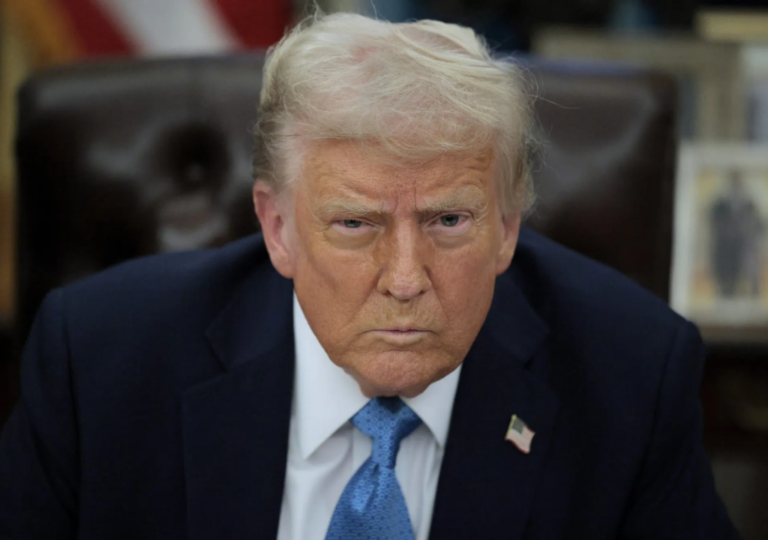
As Trump eyes tougher trade policies, can India navigate the looming tariff threats and safeguard its economic interests?

As Trump eyes tougher trade policies, can India navigate the looming tariff threats and safeguard its economic interests?
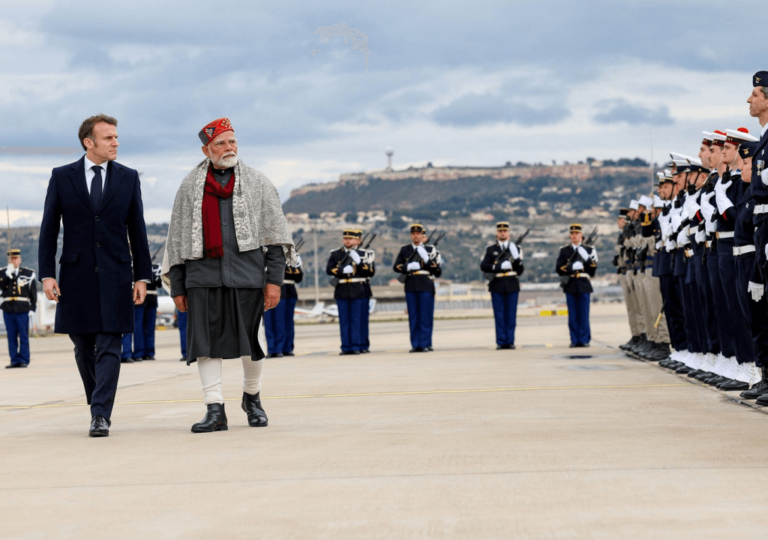
Explore the deepening India-France relationship, from strategic partnerships to cultural ties, and what it means for global geopolitics.
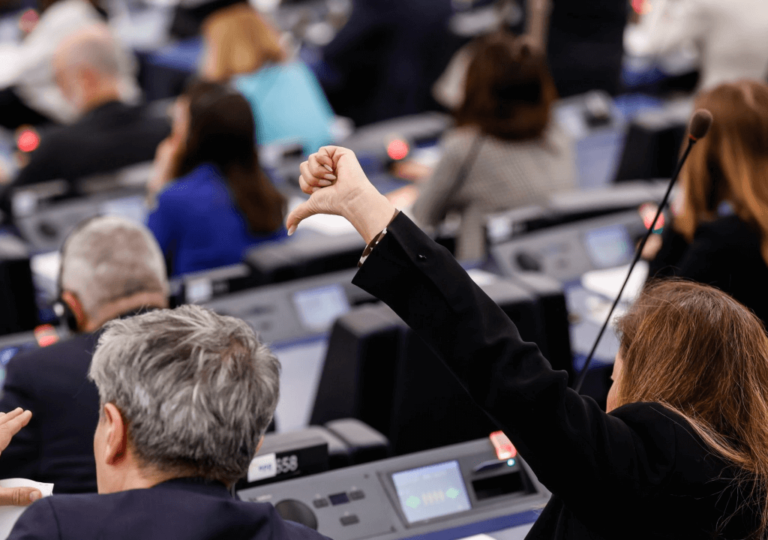
Georgia’s parliament is swiftly pushing through laws that restrict opposition powers, fueling concerns about the country’s democratic decline.
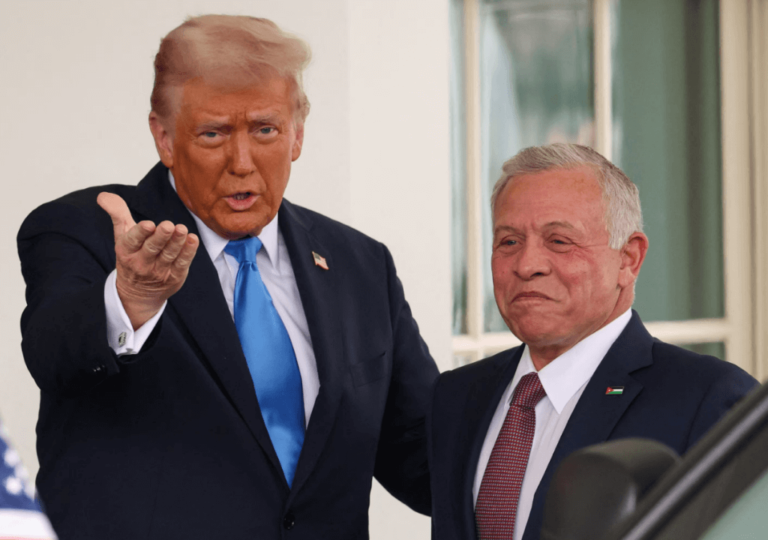
Is Jordan being pressured to accept Gazan refugees under Trump’s plan? As tensions rise, Trump's vision for the region sparks a new crisis for the kingdom.
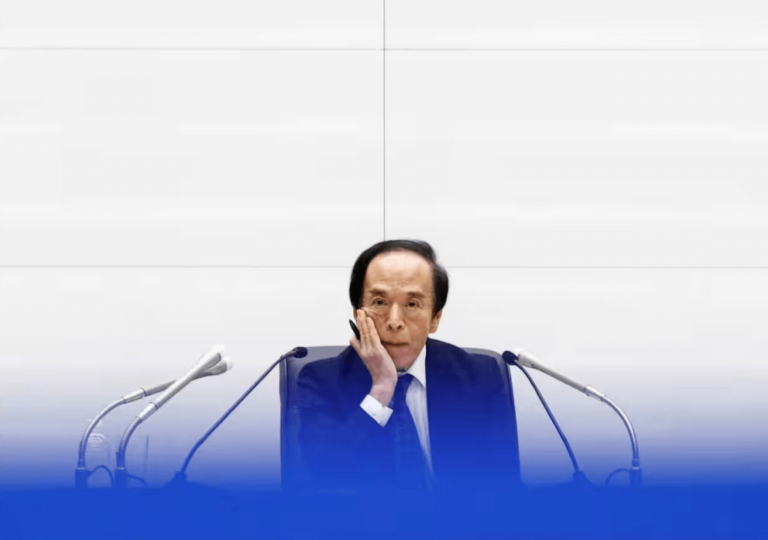
In his second term, Trump continues to clash with allies, undermining longstanding partnerships, all while the global political landscape grows ever more volatile. Against this backdrop, Japan’s Prime Minister, Shigeru Ishiba, visited Washington last week, seeking to reaffirm the U.S.-Japan…
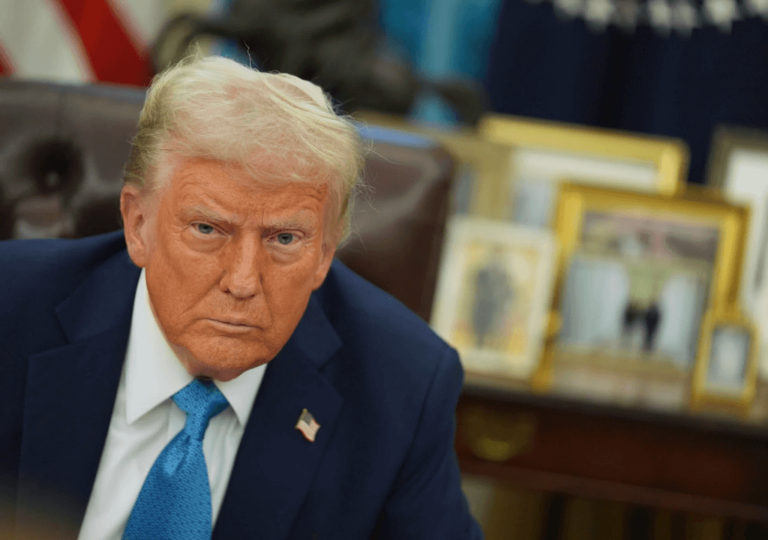
Trump imposes new tariffs on China, escalating trade tensions while signaling a tougher stance on economic policies
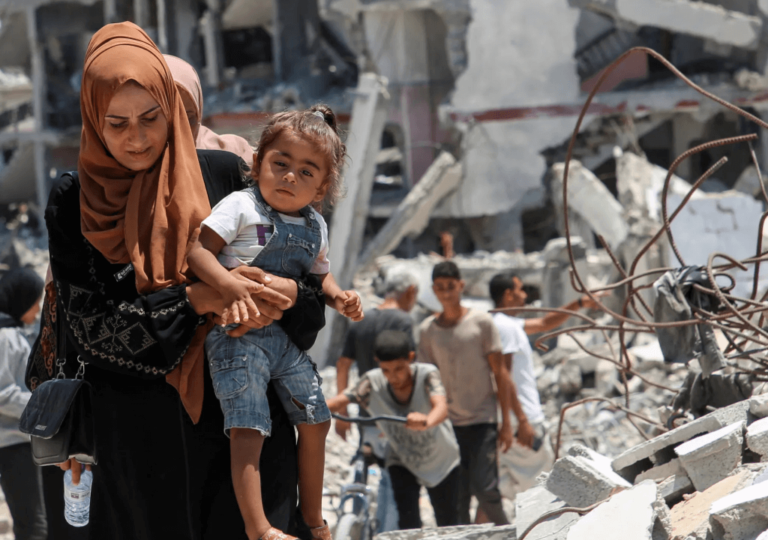
A fragile ceasefire has paused violence in Gaza, raising questions about future governance and humanitarian aid distribution
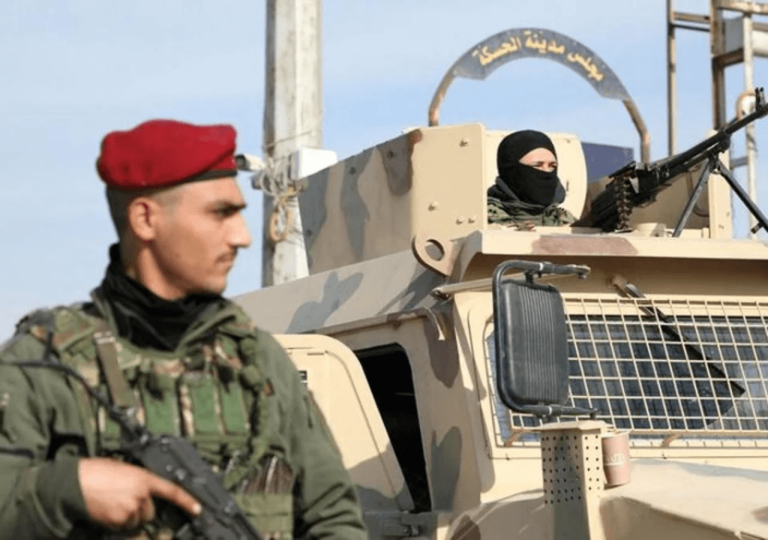
Turkey's role in Syria has shifted, focusing on Kurdish relations and regional influence after Assad's regime fell
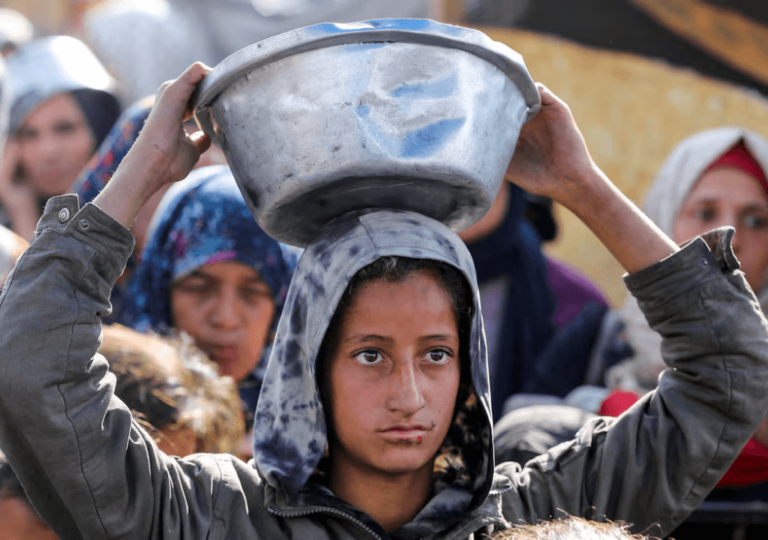
Israel and Hamas have agreed to a ceasefire, effective Sunday, to exchange hostages and pause the conflict in Gaza
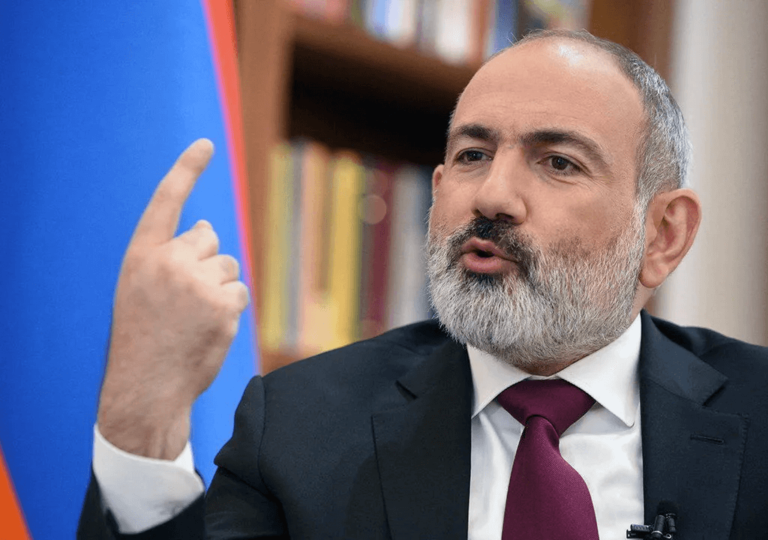
Armenia is shifting its geopolitical focus westward, strengthening ties with the U.S. and EU amid tensions with Russia